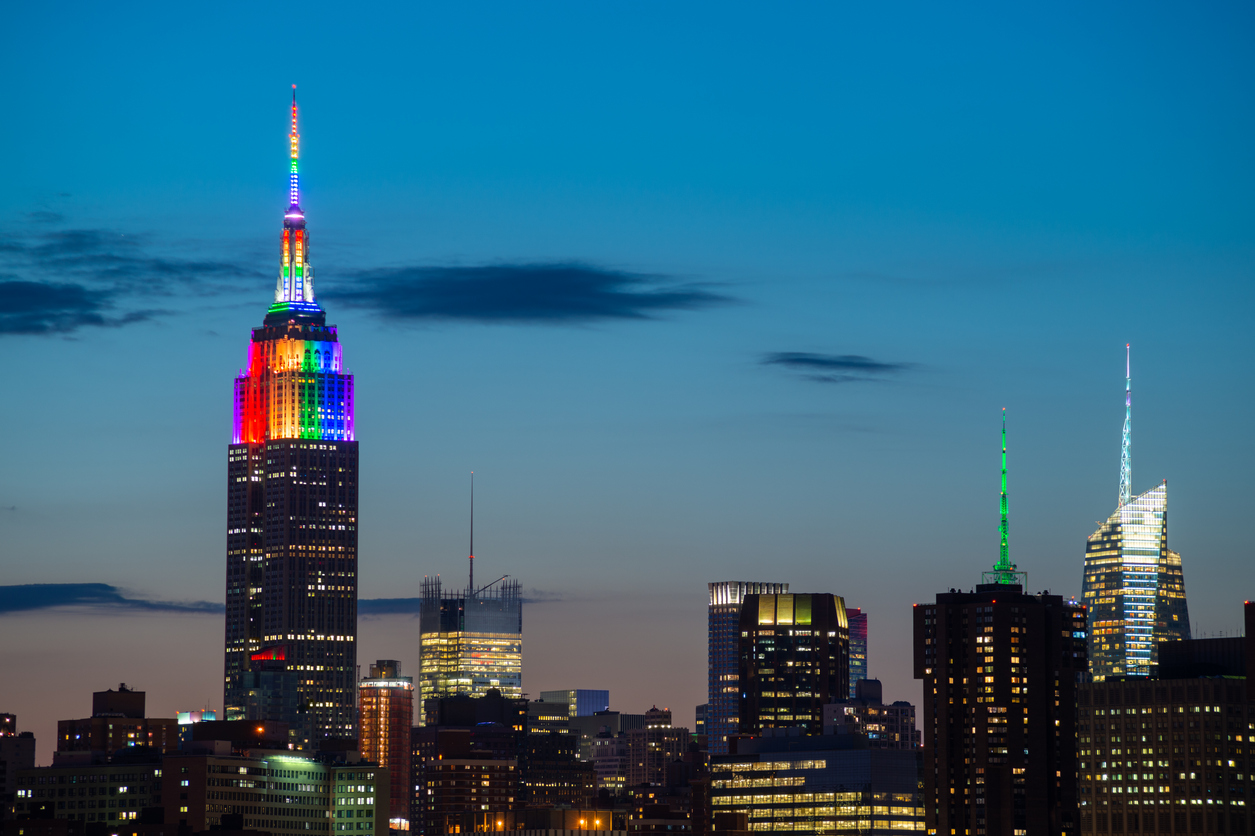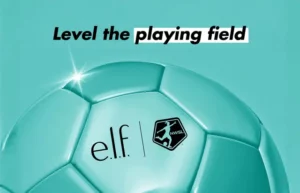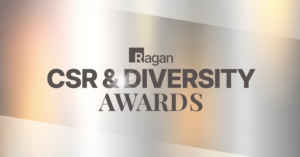Proud partnerships: NYC Pride’s Sandra Perez on mindful corporate allyship
Perez keynoted The PR Museum’s “Pride, Prejudice and Politics” virtual event.

This year’s Pride celebrations are proving to be high-stakes and serious in tone during a contentious election season, and at a time when The Wall Street Journal reports an increase in activist, ‘anti-woke’ shareholders scrutinizing inclusion programs and donations to LGBTQ+ groups.
2024 also marks the 40th year that NYC Pride took over as the official organizer of the city’s Pride celebrations, following the dissolution of the Christopher Street Liberation organization.
During the PR Museum’s “Pride, Prejudice and Politics” event last week, NYC Pride Executive Director Sandra Perez explained how intentional language has framed Pride’s positioning from the outset.
“We call it a march, not a parade, because we are still very much grounded in the fact that NYC Pride emerged as a consequence of the Stonewall uprising,” Perez began.
“We have deep roots in advocacy and free speech. And for us, internally, we will call it a parade the day we all have the same rights.”
During the rest of her opening keynote, Perez unpacked the state of Pride organizations across the country with a focus on how corporate partners can contribute in a productive, mindful way.
Corporate partnerships support volunteer efforts
Perez acknowledged that New Yorkers are spoiled because they have at least five to six Pride organizations across different boroughs and communities — an abundance that causes some confusion about who they are and what they do.
“The majority of pride organizations are volunteer-led and have very small staff if they have paid staff,” explained Perez, noting that NYC Pride did not have full time staff until 2016.
“That spirit runs very strong throughout our organization and most pride organizations. So when we are dealing with corporate partners, let’s say that they are surprised — usually at our size and the fact that we somehow manage to do what we do.”
Perez remembered the 50th anniversary of The Stonewall Riots in 2019, recalling the strong corporate presence that has since dwindled.
“We had this very highly visible moment that was captured nationwide in New York,” said Perez, “and I think it was fixed in people’s minds that Pride is about corporations, about large-scale big extravaganzas. That is probably the exception rather than the rule.”
Reckoning with reluctant partners
The Stonewall anniversary happened just before a global pandemic changed the world and the rise of a Black Lives Matter movement forced the LGBTQ+ community to address a perceived lack of diversity in some circles.
“Black Lives Matter forced us to reckon with whether or not we have been as inclusive as we should be,” Perez said.
“We’ve come into this from very changed landscapes, and we’ve seen an erosion of some corporate support. We also struggle on a baseline level to secure funding from those who would really benefit from our labor. Pride is not only a movement, it is also an economic driver.”
While Perez urged those in attendance to stay the course, she also acknowledged that “some corporate partners are receding, while other long-term partners have found themselves in challenging situations regarding the public’s perception of how they support our community.”
Many partners are examining their long-standing program, while other funders who are still happy to give money don’t want it publicly acknowledged.
Recognizing ERGs is an intersectional opportunity
This tension weighs on the Pride movement, made up of a community that understands why visibility matters and knows that corporate partners can make a positive impact. For them, this work must also start with engaging allies and advocates internally.
“Some of the tension we’re seeing with our corporate partners is really about lifting up and continuing to support their employee resource groups (ERGs), but at the same time, not wanting to publicly be identified with supporting these sort of endeavors,” Perez said.
Most of the companies that NYC Pride works with have strong ERG programs that represent a litany of identities and how they co-exist.
“So they are very deeply committed to exploring not only the LGBTQ community, but are very much vested in also exploring the intersections at which we exist. I am not just a lesbian woman — I am also a Latina, I am a parent, I am a woman of a certain age, and all of those things factor into how I live and work.”
Through this lens, Perez finds that some the best corporate partners understand the intersectionality that everyone brings to this work and how it can benefit them.
“The ones that are receding are the ones who do not have a point of view,” she said. “And quite frankly, are not interested in doing anything beyond the month of June.”
Partnership is allyship
Perez encouraged anyone who considers themselves an ally to ask questions about their ERGs internally.
“At Pride, we have really pushed our partners, and when I say partners, that’s what we want,” she said. “We get sponsors, and that’s fine. It’s a transaction, it’s good, we’ll take the money. But the real value is in partnerships.”
Mindful partners are allies because they will work with Pride organizations and other advocacy groups throughout the year, not just in June.
“We have kids who are in crisis, who need to see us visible all year long. We can’t disappear,” Perez said, adding that this is where communicators play a key role.
Making the most of the spotlight in June often means talking about volunteerism and finding out what your employee volunteer program can do to lock into advocacy work year-round.
“You can connect around that so it’s about finding that common language,” continued Perez.
“Because we are siloed within our corporations, or we’re just viewed as this one-month-a-year segment of the market, they miss out on the fact that we are talking about this all year long. We are working with creatives, with entrepreneurs. We’re talking to the business community about what comes next.”
A symbiotic partnership can also back up companies when they are attacked for supporting LGBTQ+ advocacy. Perez cited NYC Pride’s “Patrons of Pride” program, wherein companies agree to give NYC Pride a portion of their proceeds for June, as an example of this relationship.
After one organization that is based in a red state was attacked for donating to NYC Pride, the community rallied behind them.
“We were like, OK, let’s go to Instagram, lift up this patron and say, ‘Hey everybody, they got flack for supporting us. We need you to show them some love. This is their link. This is where you can go to support this company,’” remembered Perez.
“That’s a direct action we can take on behalf of the partners that we have.”







